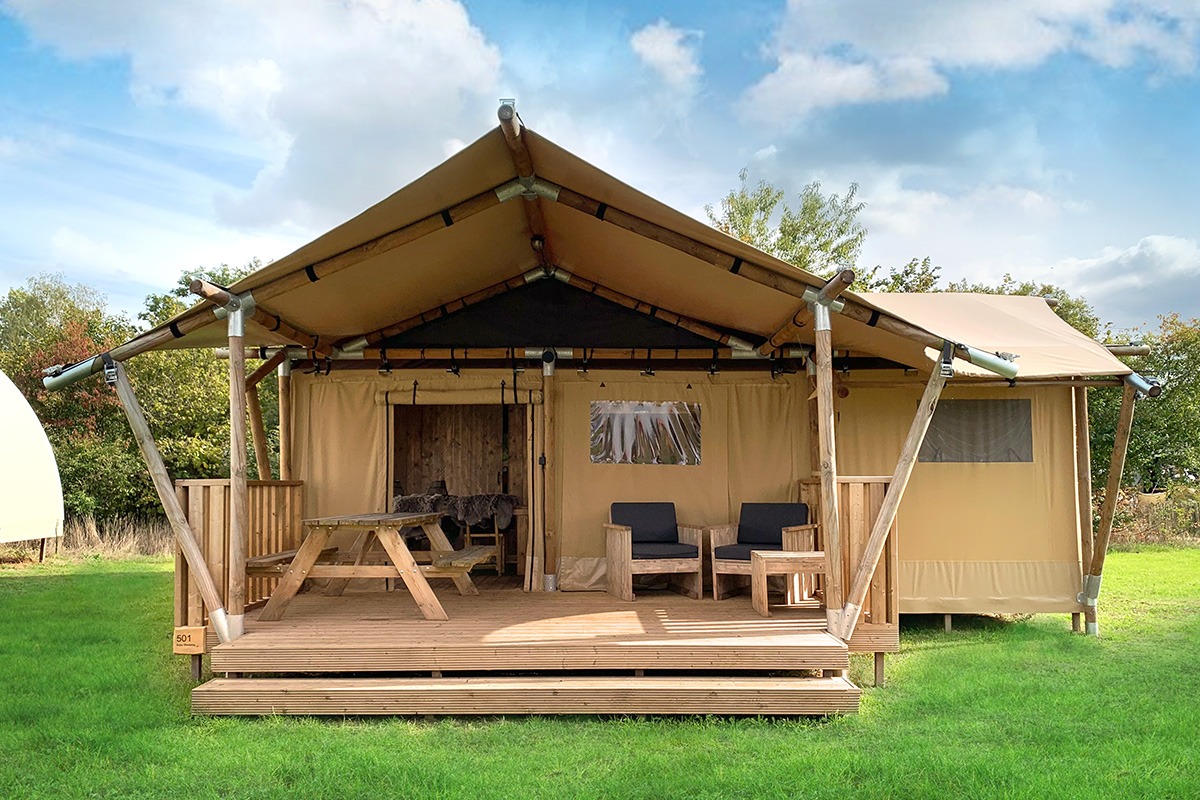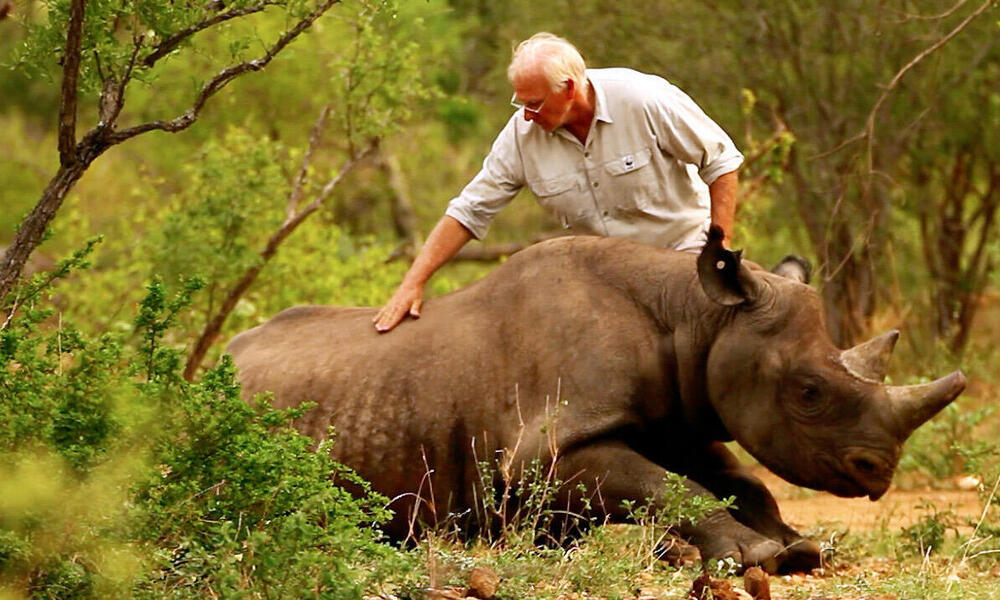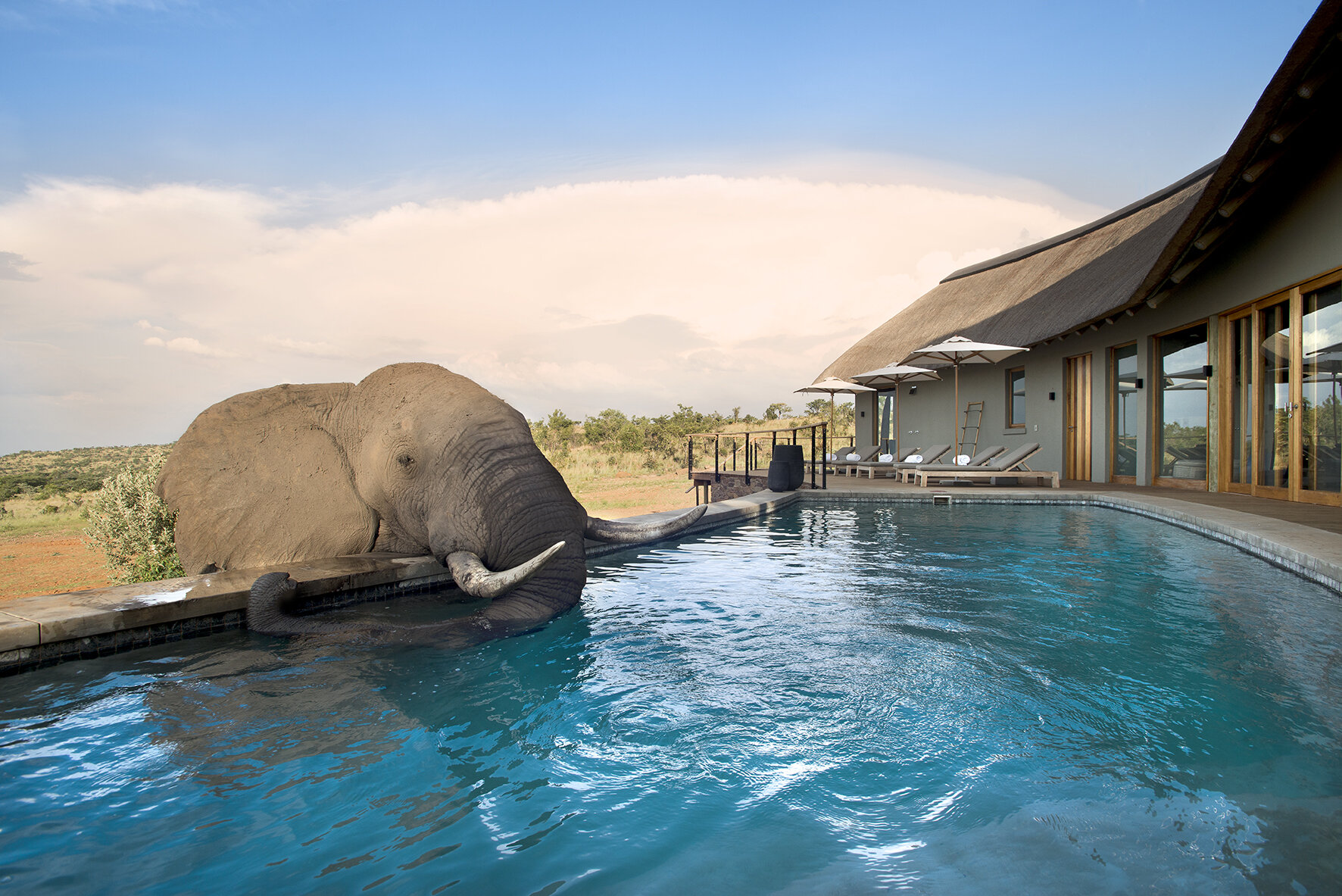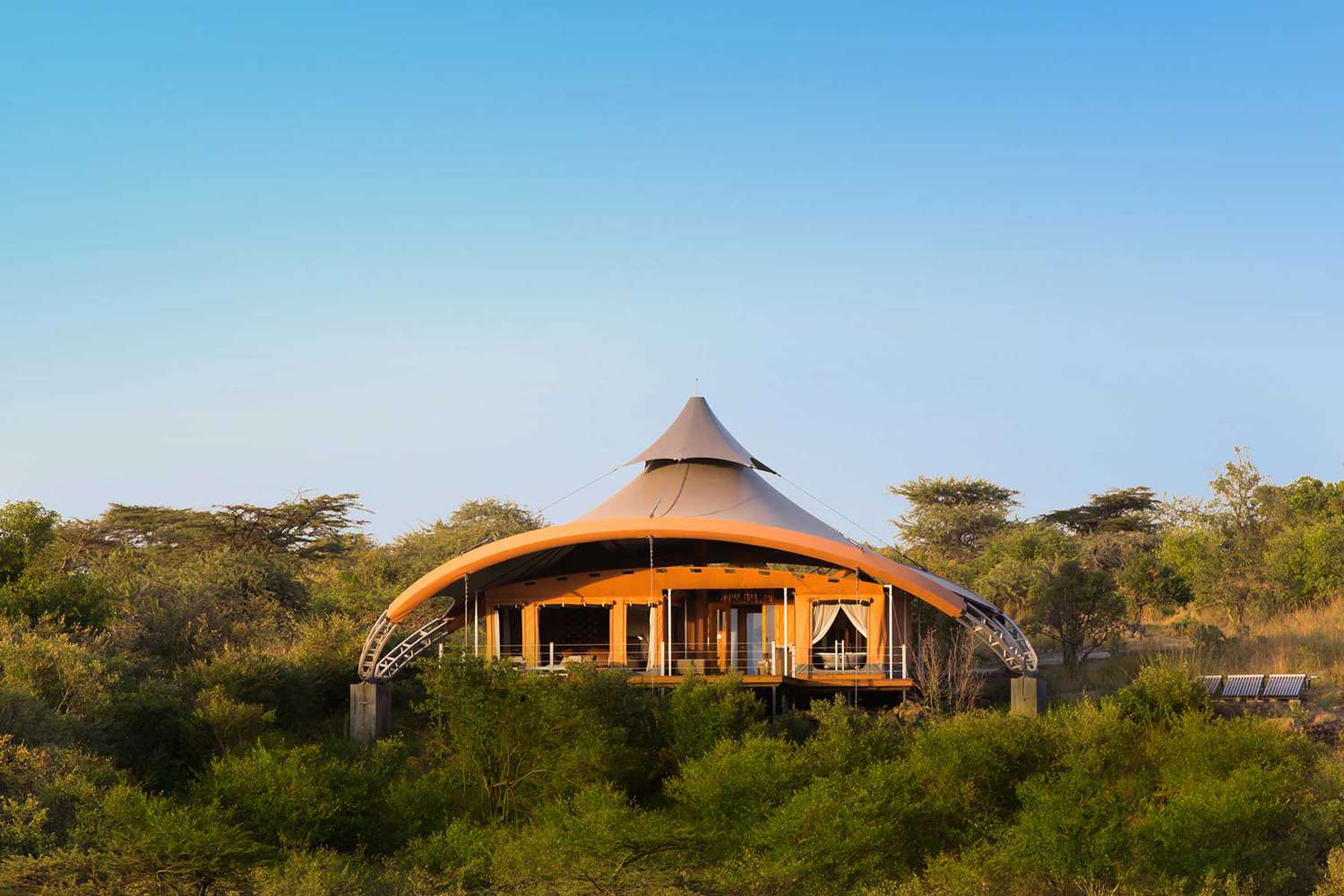Investing In Safari Lodges - The Wildlife Of Real Estate
When it comes to unique and lucrative real estate investments, one sector that stands out is investing in safari lodges. Imagine owning a piece of paradise where wildlife roams freely, and breathtaking landscapes captivate visitors. This article explores the fascinating world of investing in safari lodges, delving into the opportunities, challenges, and financial considerations that come with such ventures.
Understanding The Market
Location Matters
In the realm of investing in safari lodges, one cardinal rule stands out — location matters. The success and profitability of a safari lodge hinge on the careful selection of its setting. Proximity to wildlife reserves, accessibility, and the overall allure of the destination are pivotal factors influencing the property's value and appeal to potential investors and guests.
Proximity To Wildlife Reserves:
The proximity to renowned wildlife reserves is a key consideration. Guests are drawn to safari lodges that offer close encounters with diverse flora and fauna. A strategic location near a well-known reserve enhances the potential for unique wildlife experiences, contributing to the lodge's overall attractiveness.
Accessibility:
Ease of access is a crucial factor for both investors and guests. A well-connected location ensures that the lodge is not only convenient for travelers but also facilitates the smooth operation and management of the property. Accessibility extends beyond transportation to include infrastructure such as roads and amenities.
Overall Appeal Of The Destination:
The overall appeal of the destination encompasses the natural beauty, cultural richness, and unique features that set it apart. The ambiance and character of the surroundings significantly contribute to the overall guest experience. Investing in a safari lodge in a destination with intrinsic appeal adds a layer of desirability that can positively impact property value.
Thorough Research On Emerging Safari Destinations:
To make informed investment decisions, conducting thorough research on emerging safari destinations is imperative. Identifying locations with growth potential involves studying market trends, tourism forecasts, and the development plans of the region. A forward-looking approach ensures that the chosen location aligns with the evolving preferences of the target market.
Wildlife Conservation Initiatives
Beyond the aesthetics and location, the commitment of a safari lodge to wildlife conservation is a key differentiator in the market. Savvy investors recognize that sustainability is not just a buzzword but a fundamental aspect of a successful and enduring safari lodge.
Active Involvement In Preserving The Environment:
Safari lodges that actively participate in preserving the environment showcase a dedication to the delicate ecosystems surrounding them. This can include initiatives such as waste reduction, water conservation, and sustainable energy practices. Investors interested in long-term viability should assess a lodge's environmental practices as an integral part of their due diligence.
Support For Local Conservation Efforts:
Lodges that engage with and support local conservation efforts demonstrate a commitment to the broader ecological health of the region. This involvement not only contributes positively to the lodge's reputation but also attracts environmentally conscious investors and eco-tourists who seek experiences aligned with their values.
Financing Your Safari Lodge Investment
Mortgage Options For Safari Lodges
Embarking on the journey of investing in a safari lodge necessitates a thoughtful approach to financing. The right mortgage can be the linchpin for a successful venture. Investors are presented with a spectrum of mortgage options tailored explicitly for safari lodge acquisitions, each with its unique advantages.
Traditional Mortgages:
Traditional mortgages are a familiar avenue for financing real estate, and safari lodges are no exception. This option allows investors to secure funding with the property itself as collateral. While the process may be conventional, it's crucial to work with lenders familiar with the intricacies of safari lodge investments.
Commercial Loans:
For those seeking a more business-oriented approach, commercial loans are tailored to the specific needs of investment properties. These loans often come with different terms compared to residential mortgages, reflecting the commercial nature of the investment. Investors should explore the flexibility and conditions associated with commercial loans in the context of safari lodge ventures.
Specialized Wildlife Property Loans:
Safari lodges fall into a unique category of real estate, and there are lenders who specialize in wildlife property loans. These loans may offer terms and conditions that cater specifically to the challenges and opportunities associated with owning and operating a safari lodge. Working with lenders experienced in this niche can lead to more favorable terms and a smoother financing process.
Working With Experienced Lenders:
Crucially, regardless of the mortgage option chosen, collaborating with lenders experienced in financing unique properties is paramount. The intricacies of safari lodges, including seasonal fluctuations, environmental considerations, and tourism-related factors, require a nuanced understanding. Lenders familiar with these aspects can provide valuable insights and work towards securing the most favorable terms for the investor.
Financial Planning And ROI
While securing the right financing is pivotal, a comprehensive financial plan is equally critical for the success of a safari lodge investment. Beyond the initial excitement, investors need to delve into the nitty-gritty of financial planning to ensure a sound and sustainable venture.
Upfront Costs:
Calculate and account for all upfront costs associated with acquiring and setting up the safari lodge. These may include the purchase price, legal fees, permits, and any necessary renovations or enhancements to the property. A clear understanding of these costs sets the foundation for a realistic financial plan.
Ongoing Expenses:
Safari lodges, by their nature, come with unique ongoing expenses. From staff salaries and maintenance to marketing and wildlife conservation initiatives, it's essential to factor in all recurring costs. A well-managed safari lodge considers the delicate balance between offering a top-tier experience and maintaining financial sustainability.
Assessing ROI Over The Long Term:
Safari lodges often experience seasonal fluctuations in visitor numbers, impacting revenue streams. Hence, assessing the Return on Investment (ROI) over the long term becomes crucial. Investors should consider factors such as peak tourist seasons, market trends, and the lodge's unique selling points. A realistic and conservative approach to ROI calculations provides a clearer picture of the investment's financial viability.
Navigating Challenges In Safari Lodge Investments
Regulatory Compliance
Embarking on the journey of safari lodge investments necessitates a keen awareness and understanding of the intricate web of local regulations and zoning laws. Regulatory compliance is not just a legal formality; it's a cornerstone for the success and sustainability of the investment.
Local Regulations And Zoning Laws:
Each region boasts its unique set of regulations governing land use and development. Understanding the nuances of local regulations is crucial for securing the necessary permits and approvals for the safari lodge. This involves navigating zoning laws, building codes, and any other legal requirements imposed by the local governing bodies.
Environmental And Wildlife Protection Laws:
Given the unique nature of safari lodges, compliance with environmental and wildlife protection laws is paramount. Ensuring that the investment aligns with laws aimed at preserving the natural habitat and safeguarding wildlife is not only a legal obligation but also a commitment to ethical and sustainable business practices.
You can learn more about how ethic works in modern safaris in this resource from Tanzania Wildlife Safari, so you can overcome the challenges.
Professional Guidance:
Navigating the intricacies of regulatory compliance can be a daunting task. Seeking professional guidance from local experts, legal advisors, and environmental consultants can provide invaluable insights. These professionals can help interpret complex regulations, streamline the approval process, and ensure that the safari lodge operates within the bounds of the law.
Maintenance And Infrastructure
The allure of a safari lodge lies not just in its initial grandeur but in its ability to maintain its charm and functionality over time. Ongoing maintenance and strategic infrastructure development are pivotal for ensuring the property remains not only operational but continually attractive to visitors.
Scheduled Maintenance Plans:
Safari lodges, situated in the heart of nature, are subject to wear and tear from both the elements and guest usage. Implementing scheduled maintenance plans is essential for preserving the aesthetics and functionality of the lodge. This includes routine inspections, repairs, and upgrades to keep the property in pristine condition.
Infrastructure Development Considerations:
The appeal of a safari lodge often extends beyond its accommodations to include amenities and experiences. Factor in ongoing infrastructure development to enhance the overall guest experience. This may involve introducing new features, updating technology, or investing in eco-friendly initiatives to align with evolving market trends.
Budgeting For Maintenance And Upkeep:
Effective planning involves realistic budgeting for maintenance and infrastructure development. Allocate funds for regular maintenance tasks as well as unforeseen repairs. A well-managed budget ensures that the safari lodge not only meets but exceeds guest expectations, contributing to positive reviews and sustained business success.
Investing In Safari Lodges - FAQs
Are Safari Lodges Profitable?
The profitability of safarilodges can vary based on several factors such as location, management efficiency, marketing strategies, and the overall demand for safari experiences. Successful safari lodges that offer unique and high-quality experiences tend to attract a steady flow of visitors, making them profitable ventures. However, like any business, careful planning, exceptional customer service, and adaptation to market trends are essential for sustained profitability.
Why Are Safaris So Expensive?
Safari experiences can be expensive due to various factors:
- Wildlife Conservation Costs:Many safari operators contribute significantly to wildlife conservation efforts, and these costs may be reflected in the overall package.
- Exclusive Locations:Some safari destinations are in remote or exclusive locations, requiring additional logistical and infrastructure expenses.
- Expert Guides and Staff:Knowledgeable guides and well-trained staff enhance the quality of the safari experience, contributing to the overall cost.
- Luxurious Accommodations:High-end lodges and luxurious accommodations tailored to the safari experience can contribute to the overall cost.
- Limited Capacity:To maintain an exclusive and intimate safari experience, operators often limit the number of guests, impacting economies of scale.
What Is The Most Expensive Safari Company?
The title of the most expensive safari companycan change based on various factors and personal preferences. As of my last knowledge update in January 2022, several companies were renowned for offering exclusive and high-priced safari experiences. Companies such as Singita, &Beyond, and Wilderness Safaris were known for their luxurious and premium safari packages. However, it's advisable to check the latest reviews, rankings, and offerings, as the landscape of safari companies may have evolved since then. Additionally, personal preferences, itineraries, and the level of luxury desired can influence the perceived "most expensive" safari company for individual travelers.
Conclusion
Investing in safari lodges presents a unique opportunity to combine financial gain with a passion for wildlife and nature. As sustainable tourism gains momentum, the market for safari lodge investments is poised for growth. By understanding the market, financing strategically, and navigating potential challenges, investors can embark on a journey to unlock the potential of wildlife real estate.
In conclusion, investing in safari lodges is not just about owning a property; it's about becoming a steward of nature and contributing to the thriving ecosystem of sustainable tourism. Seize the opportunity to invest in the wild and experience the untamed beauty of returns on your investment.




